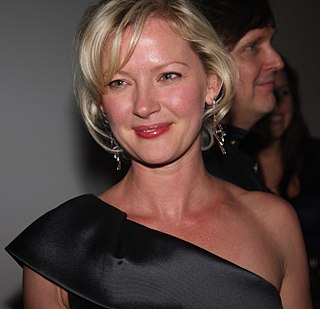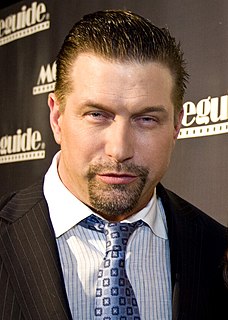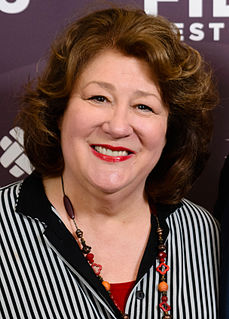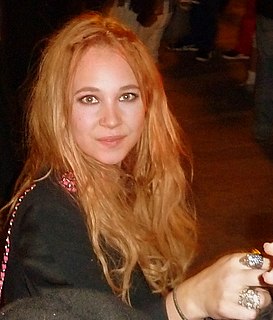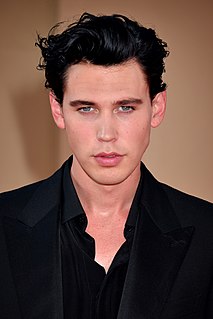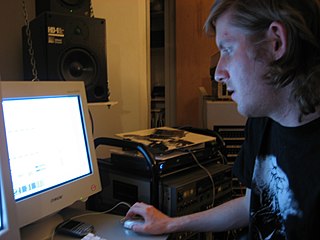A Quote by Gretchen Mol
In a way I'd say it's maybe more satisfying to do a play, because there is a beginning, middle, and end. But I also really enjoy the television experience, because there's a certain part of it that you have to let go of and trust in that process.
Related Quotes
I know a lot of Christians who have been in ministry and walked away from it because the pressure can be too great. And there's a lot of Christians who at the same time would say like well why does God do [certain things]. What I found is Christians regardless of whatever their experience is who trust God more and learn to go through those moments of challenge and persevere. Usually the end result is an experience and interaction with the Holy Spirit that's greater than it was previously. And for me, there is no pursuit that I desire or enjoy more than that interaction.
From a writing standpoint, maybe television is a little more satisfying because it's not all hinging on one thing. You can experiment, week to week, and you can be a little narrower in your scope one week, and then be a little broader the next week. But with film, everything can look the way you want it to look. You can really sculpt the final product. So from a directorial standpoint, film is more satisfying. But, they're both forms of media that I'd like to keep involvement in.
Quidquid luce fuit tenebris agit: but also the other way around. What we experience in dreams, so long as we experience it frequently, is in the end just as much a part of the total economy of our soul as anything we "really" experience: because of it we are richer or poorer, are sensitive to one need more or less, and are eventually guided a little by our dream-habits in broad daylight and even in the most cheerful moments occupying our waking spirit.
I think about my art works as paintings, because they refer to the history of painting. I also have to think about them as sculptures, because every part of the process is part of the project. They're sculptures because they play on the idea of what should be hanging in a gallery. In that sense they're also kind of ready-mades.
Culturally, now, we're really tight around death, and as a result I think people miss out on a lot of the beautiful aspects of the end of life process that can be very helpful for the grieving process, that can be a really beautiful part of transition of life that we don't get to experience because it's not in the conversation.
I've really dreamed of doing television. All of us do television, coming up. But when I was coming up, television was a black hole for actors. Now, television has a certain cache. Now everybody wants to be on TV because they're doing adult dramas. If you're an actor, it's like, "Well, get me on television," because it's the only place you can do it and also make a living at it. If my kids need shoes, I better do a TV show because I damn sure don't make any money with independent films.
I think that I'm still very enthusiastic about every single thing that I do. I'm still very passionate. I never feel tired because I feel so involved and so com- mitted, so I enjoy it. And you know what? I have a lot of irony. I love the humor, and when I really, really want to just say, "You know what? I can't stand all this," I find an ironical way. I say, "You know, maybe you presume to be more intelligent than you are." So I respond in a more humoristic way.
